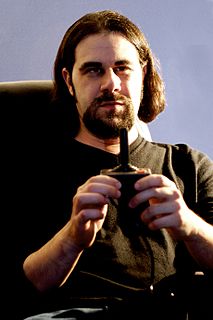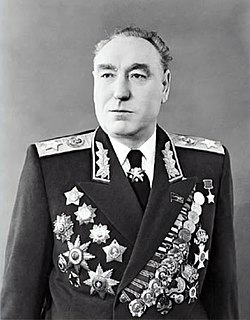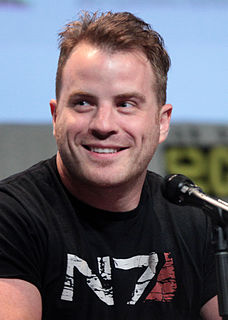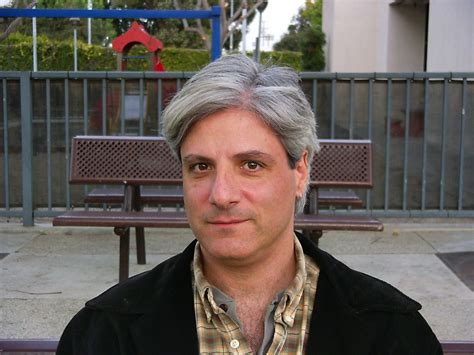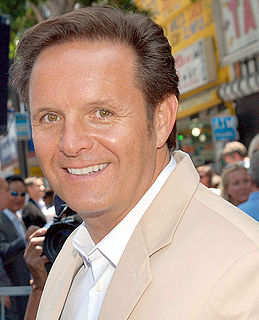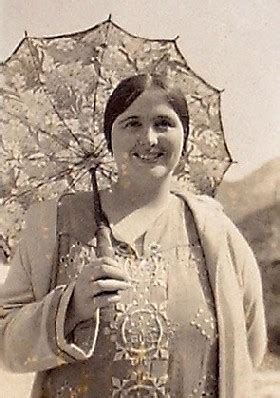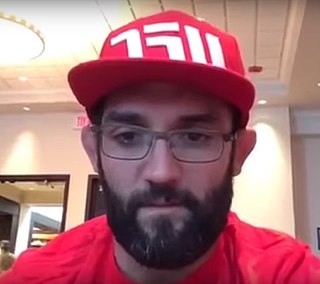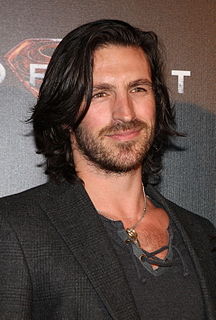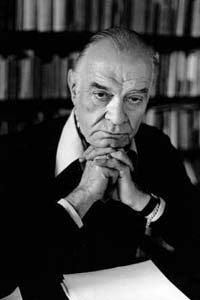A Quote by James J. Kilpatrick
Five common traits of good writers: (1) They have something to say. (2) They read widely and have done so since childhood. (3) They possess what Isaac Asimov calls a "capacity for clear thought," able to go from point to point in an orderly sequence, an A to Z approach. (4) They're geniuses at putting their emotions into words. (5) They possess an insatiable curiosity, constantly asking Why and How.
Related Quotes
Reality is not digital, an on-off state, but analog. Something gradual. In other words, reality is a quality that things possess in the same way that they possess, say, weight. Some people are more real than others, for example. It has been estimated that there are only about five hundred real people on any given planet, which is why they keep unexpectedly running into one another all the time.
I used to do miserably in English literature, which I thought was a sign of moral turpitude. As I look back on it, I think it was rather to my credit. The notion of actually putting writers' words into other words is quite ridiculous because why bother if writers mean what they mean, and if they don't, why read them? There is, I suppose, a case for studying literary works in depth, but I don't quite know what 'in depth' means unless you read a paragraph over and over again.
Wanting to know absolutely what a story is about, and to be able to say it in a few sentences, is dangerous: it can lead us to wanting to possess a story as we possess a cup... A story can always break into pieces while it sits inside a book on a shelf; and, decades after we have read it even twenty times, it can open us up, by cut or caress, to a new truth.
When people say to me, 'Why are you so good at writing at women?' I say, 'Why isn't everybody?' Obviously there are differences between men and women - that's what makes it all fun. But we're all people. There's a lot of good writers who are very humanist, but still manage to kind of skip fifty-five per cent of the race. And I just don't get that. Not to be able to write an entire gender? To me, the question isn't how do you do it? It's how can you possibly avoid doing it?
Having fallen from the eternal, the Evil One's desires are endless, insatiable. Having fallen from pure Being, he is driven by the desire to possess, to fill his emptiness. But the problem is insoluble, always. He is compelled to have and to hold, to possess and consume, and nothing else. All he takes, he destroys.



